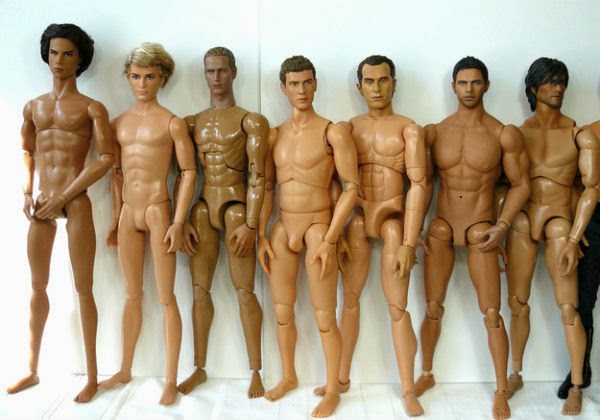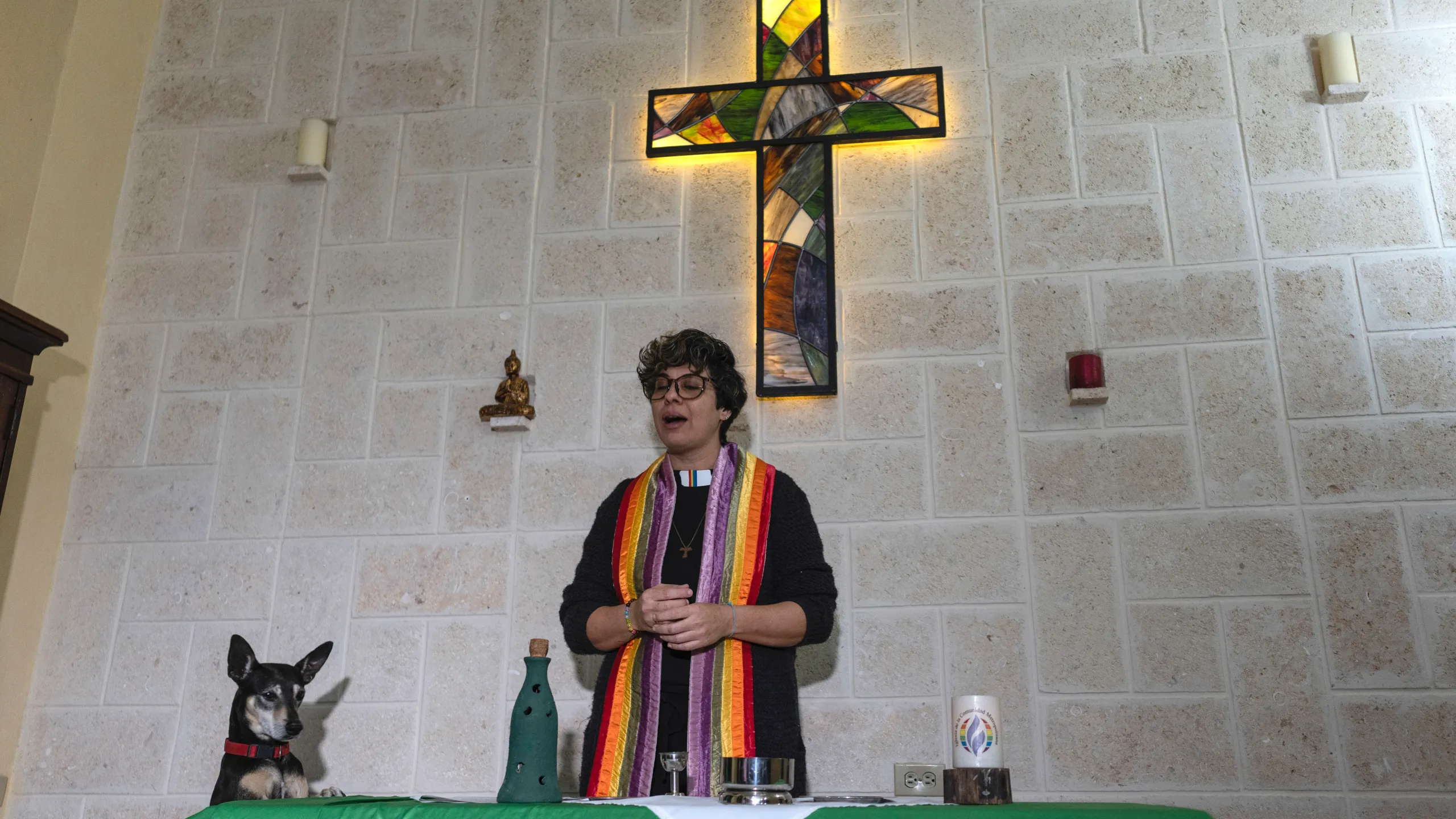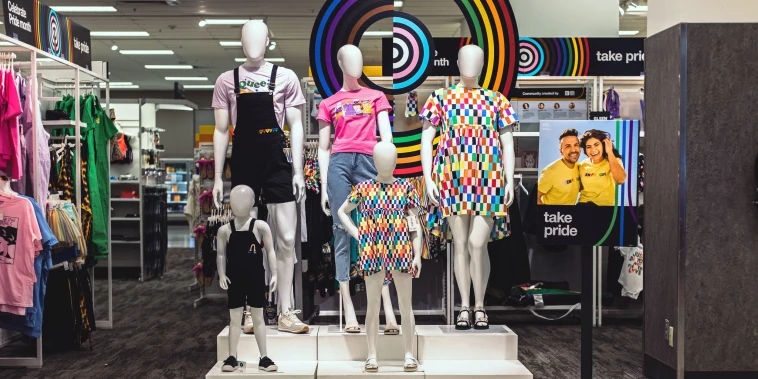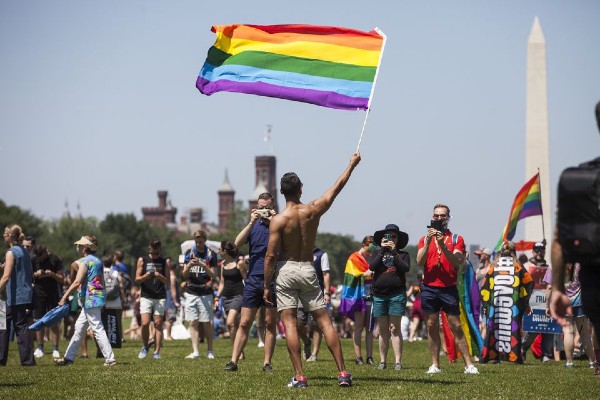Why Do So Many Gay Men Feel Lonely? A Life Coach Gives the Unfiltered Truth
Written by Joseph • May 4, 2019
I had a relatively easy time with my own sexuality: a sheltered upbringing in Yorkshire in the 70s I came out to friends and family as gay while at university with no big issues. I moved to London and, for years, enjoyed a career in broadcast TV at the BBC, Channel 4 and the Discovery […]

I had a relatively easy time with my own sexuality: a sheltered upbringing in Yorkshire in the 70s I came out to friends and family as gay while at university with no big issues. I moved to London and, for years, enjoyed a career in broadcast TV at the BBC, Channel 4 and the Discovery Channel. Being gay was never an issue at those big broadcasters. I met my partner 17 years ago, and we’re still going strong.
In my 40s, while in a higher management role in a global corporation, I started to feel unsatisfied with my career. TV’s pretty much young person’s industry. When I looked around the office I could see there weren’t many people in their 50s.
I decided I wanted to try a second career. To work for myself. Something more meaningful, age-appropriate. In 2013, I retrained as a personal and professional development coach.
I gained my qualifications based in coaching psychology, neuroscience and adult learning. (A Postgraduate Certificate in Business and Personal Coaching from the University of Chester, a Results Brain-Based Coaching Certificate from The Neuroleadership Institute and a Certificate in the Therapeutic Use of Mindfulness from the British Mindfulness Institute).
As I began building my coaching practice The Authentic Life Company and working with clients I fell in love with the work. It felt right. I found I had an aptitude for it. Things took off more than I expected.
I work with everybody regardless of gender or sexual orientation, and while I’ve had the occasional bisexual or lesbian client, around 50% of my clients are gay men, and 50% straight men and women.
‘Guys in their 20s want to be proactive about their own growth’
The gay men I work with range from their 20s to 50s. The guys in their 20s are often more attuned to coaching. They’re proactive about their growth and preempt problems by making informed choices. They can be savvy about the need for personal investment.
For older guys, certain issues come up regularly. They include learning to thrive as a gay man as they get older, finding meaningful work and creating authentic connections.

Guys in their early 30s can be concerned that their careers are flatlining. Into their late 30s and 40s, men start to change physically. Some are fine with this. But it can also be unsettling. Especially if your identity is based around how you look and you can’t keep up with 20-somethings anymore.
As gay men, we can experience a late-onset and extended adolescence – a kind of ‘Peter Pan syndrome’. Mine lasted from my 20s into my 40s, which I have no regrets about. But I didn’t have a road-map for what comes next. At some point the disco lights always come on. What do you do next if your social world’s built around the gay scene, looking good, sex, drugs? This transition can happen at any age and lead to disconnection.
Clients come with individual challenges or objectives, but it’s true that as people get older, they think more seriously about who they are, living with integrity and meaning, making a contribution.
If you think about it, there have been precious few older gay men to lead the way – two generations older than me, being gay was illegal. Everything was underground. You could be arrested for being gay. Then the generation above me was decimated by the disaster of HIV/AIDS. For people my age, we’re the first generation to have been completely out and learning how to transition into a happy and healthy gay midlife.
Meanwhile, straight people – albeit not to stereotype – are more likely to have children and settle down earlier. That pushes them down another route. That’s not to say they don’t have their own problems around midlife and loneliness – they do – and of course some of the gay men I work with have children. (A common complaint for them is that they can’t reconcile the two worlds they live in. It’s a question of ‘Where do I fit in?’)
Then there’s been a proliferation of the ‘body beautiful’ culture. Also, everyone’s on apps. The apps serve a purpose – I’ve used them, know many people who have met great friends and life partners on them – but there’s also a lot of destructive behaviour involved.
‘Apps have done more harm than good to the community’
Social media’s a double-edged sword for gay men. It can be great for making connections and hooking up, but it also encourages a tendency for external validation. You’re making snap judgements about what people look like. Then there’s sex: the ultimate validation. It can be easy to get stuck in this loop of validation that comes from sex with strangers. Except the sex and the connection can turn out to be meaningless. It can be really easy to become addicted to the apps.
If they’re concerned about app use, I encourage clients to monitor who’s in control. Are the apps controlling me, or am I in control? And ask; am I being kind to myself and others? If you’re in control and being kind to yourself and others then it’s OK. But in all honesty, I’d argue the apps have done more harm than good to the community.
The gay scene I grew with in the 90s before apps existed has changed beyond all recognition. There was a big range of venues in London and people were more sociable. We went out primarily to socialise and hopefully hook up if we got lucky!
Of course, before the apps, loneliness existed. From personal experience, I can remember being in large clubs surrounded by friends and feeling lonely. It’s not just about sitting at home by yourself. You can feel alone in a crowd.
‘There were some party-related accidents’
Around the time I started my coaching practice, I also started noticing an increasing number of gay friends speaking publicly on Facebook about mental health issues. I was also dealing with my own social anxiety issues. Then there were some party-related accidents, some unexplained, sudden deaths and suicides. It just didn’t seem proportionate to the number of connections I had, and then in 2016, a close friend also took his own life.
I wanted to do something about this. So, along with a positive psychologist and friend Chris Samsa we created The Gay Happiness Project as an eight-week group training programme on happiness and life satisfaction. We wanted to share the most impactful interventions that had worked for us including techniques rooted in positive psychology, applied-neuroscience, mindfulness and self-compassion.
We also designed the course to be accessible and practical by using everyday language and avoiding the language of group therapy or counselling, which might be off-putting. It’s a safe space for gay men to talk openly and honestly about their experiences. In fact, one participant commented that it was the first time he’d connected with so many gay men without sex, drugs or alcohol being involved.
‘Think about what interests, excites and energises you’
Ultimately, it’s all about strengthening internal validation and learning mindful self-compassion, which is the most impactful intervention I’ve come across. RuPaul says it best: ‘If you can’t love yourself, how in the hell you gonna love somebody else?’ (I actually love Drag Race, and how Ru takes these often damaged or insecure young men, builds them up and encourages them to believe in themselves!)
At the end of every course, participants comment that one of the best things they experienced is the genuine, honest connections with other gay men. We’ve had people on the course speak publicly about things they’ve never talked about before, and participants make lasting connections and friendships.
There are other ways to counteract loneliness. The best place to start is to go and do what you love doing without thinking about friendships, sex or relationships – these are more likely to follow on if you’re enjoying life. Think about what interests, excites and energises you and spend time doing it, then find other people who love doing what you do too.
For more information about Robert and Authentic Life Company, click here. For more information about The Gay Happiness Project, click here.
.
.
Check out the original story here: Digital Pride.
.
.
Have you found the right one, or are you still searching?

Join a gay dating site where you can meet single guys from any town or city.Rely instead on Gay Dating Solutions to do the work for you!Don’t get fooled by free offers made by other sites. Gay Dating Solutions is offering a FREE 6 month promotion ABSOLUTELY no strings, request for credit card numbers, etc…it is the only site that is truly free to join!
Sign-up now: www.gaydatingsolutions.com
Download our mobile apps: https://appurl.io/jd0jaqp0
Like us on Facebook: www.facebook.com/GayDating101
Tweet us: twitter.com/GayDating101




